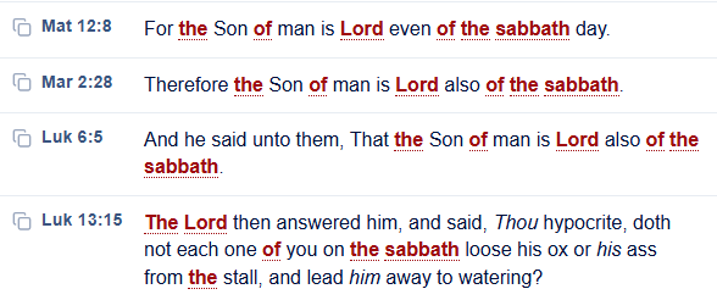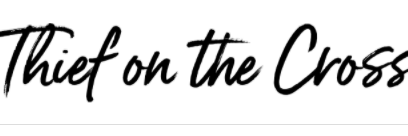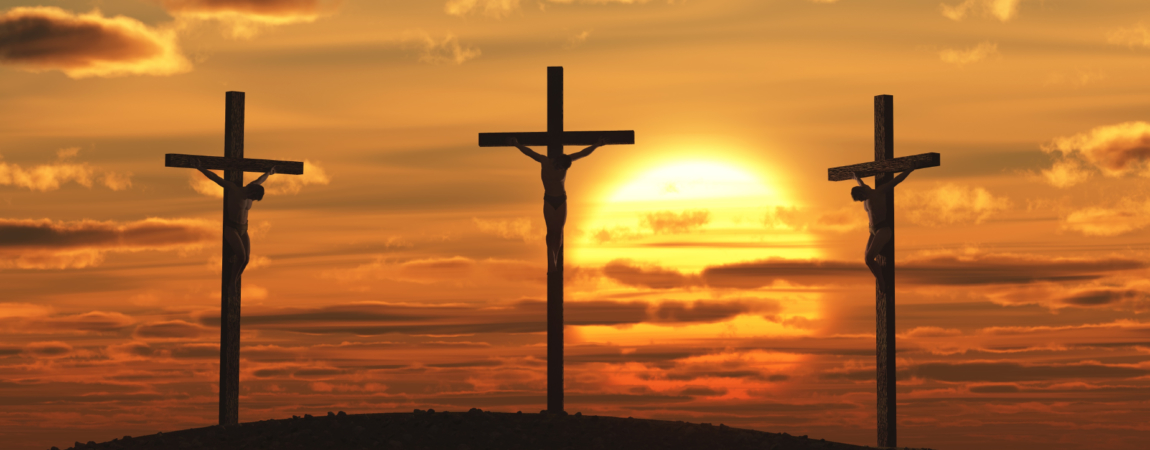“Revelation 1:10 — ‘The Lord’s Day’ refers to Sunday, so that’s when SABBATH is.”
A. Revelation 1:10–11 — what the text actually says
Revelation 1:10–11 (KJV) — “I was in the Spirit on the Lord’s day, and heard behind me a great voice, as of a trumpet, 11 Saying, I am Alpha and Omega, the first and the last: and, What thou seest, write in a book, and send it unto the seven churches which are in Asia…”
John names the day as the Lord’s; the verse itself doesn’t identify it as Sunday. So we examine Scripture with Scripture.
B. Old Testament usage: “My holy day” (Isaiah 58:13–14)
What day does Isaiah call the Lord’s day?
Isaiah 58:13–14 (KJV) — “If thou turn away thy foot from the Sabbath, from doing thy pleasure on my holy day; and call the Sabbath a delight, the holy of the Lord, honourable… 14 Then shalt thou delight thyself in the LORD…”
God explicitly calls the Sabbath “my holy day.”
C. New Testament witness: “Lord of the Sabbath”
Matthew 12:8 — “For the Son of Man is Lord even of the Sabbath.”
Mark 2:28 — “Therefore the Son of Man is Lord also of the Sabbath.”
Luke 6:5 — “The Son of Man is Lord also of the Sabbath.”
 In the Gospels, the day identified with the Lord is consistently the Sabbath, not Sunday.
In the Gospels, the day identified with the Lord is consistently the Sabbath, not Sunday.
D. Return to Rev 1:10 — which “Lord’s day” fits?
Reading Revelation 1:10 in light of Isaiah 58 and Jesus’ statements:
Revelation 1:10 (KJV) — “I was in the Spirit on the Lord’s day, and heard behind me a great voice…”
Conclusion: Scripture defines the Lord’s Day as the Sabbath (the day He calls “my holy day” and over which Messiah is “Lord”). Therefore, Revelation 1:10 does not establish Sunday sanctity; it aligns with the Sabbath already called the Lord’s day in Scripture.

